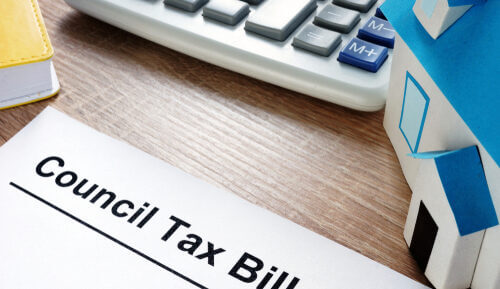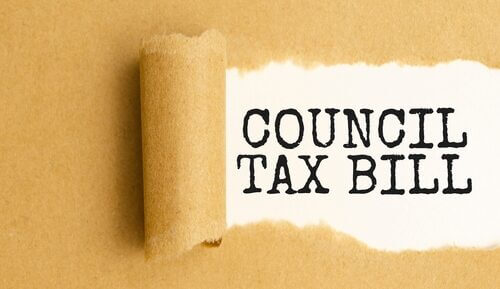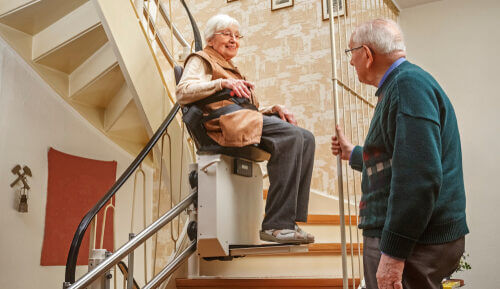
Page contents
- What is the Bedroom Tax?
- Who does Bedroom Tax affect?
- What is considered a necessary bedroom?
- How much less do I receive for a spare bedroom?
- Bedroom Tax exemptions for disabled people
- What counts as a ‘bedroom’ for my carer?
- How often does my carer need to stay overnight for me to have a bedroom for them?
- What are my options if I have a spare bedroom?
Page contents
- What is the Bedroom Tax?
- Who does Bedroom Tax affect?
- What is considered a necessary bedroom?
- How much less do I receive for a spare bedroom?
- Bedroom Tax exemptions for disabled people
- What counts as a ‘bedroom’ for my carer?
- How often does my carer need to stay overnight for me to have a bedroom for them?
- What are my options if I have a spare bedroom?
What is the Bedroom Tax?
The Bedroom Tax was introduced in 2013. Its aim was to share out the available social housing more evenly, to avoid overcrowding.
Its proper name is ‘removal of a spare room subsidy’. It means that people who the Local Authority considers to have too many bedrooms can receive less money, or ‘eligible rent’, in benefits to pay their rent.
They then need to top up that money to pay the rent themselves, or downsize to a smaller home.
Who does Bedroom Tax affect?
The bedroom tax affects people who:
- Are of working age, that is 16 years old or over and not yet old enough to receive state pension.
- Rent a property from their local council or housing association.
- Claim Housing Benefit or the housing costs element of Universal Credit to pay their rent.
- Have more bedrooms in their home than is considered necessary.
What is considered a necessary bedroom?
Under the subsidy, you can have a bedroom for each of the following (provided it is their main home):
- A couple (married or not)
- A person aged 16 or over
- Two children aged under 16 who are of the same sex
- Two children under 10
- A lodger, if you claim Housing Benefit but not if you are on Universal Credit
Any other bedrooms will be considered spare.
If a member of your household goes to university or into the armed forces, their room is not considered spare as long as they intend to return regularly.
How much less do I receive for a spare bedroom?
If you are assessed as having spare bedrooms, you will receive 14% less in your eligible rent for one spare bedroom than if the bedroom was occupied, and 25% less if you have two or more spare bedrooms.
You may be eligible for Discretionary House Payment to cover the shortfall. You can apply for this through your local authority who will assess your eligibility based on your individual circumstances.
Bedroom Tax exemptions for disabled people
There are exemptions from the Bedroom Tax for disabled people. These include:
- You may be allowed an extra bedroom for a disabled child if they cannot share a bedroom due to their disability.
- You may be allowed an extra bedroom if one member of a couple is disabled and cannot share a bedroom with their partner due to their disability.
- If anyone in your household requires one or more carers to provide overnight care, you can have a bedroom for the carer(s). This only counts for a carer or carers who do not live with you.
If you are the latter, you will need to prove that you need overnight care. Proof can include medical documents
The carer does not have to be a professional, they could be a friend or relative who provides overnight support, but they must be able to provide evidence of this.
What counts as a ‘bedroom’ for my carer?
Your tenancy contract should state how many bedrooms your property has. Even if you use the room for something else, it could still be considered a spare bedroom. It is up to your landlord to decide how many bedrooms the property has.
How often does my carer need to stay overnight for me to have a bedroom for them?
Disabilities cannot always be predictable and you may not know exactly when you’re going to need overnight care. As long as you need it on a fairly regular basis and need that room for your carer to sleep in, you may be assessed as not having a spare bedroom and be unaffected by the Bedroom Tax.
Your local authority will look at your individual situation and assess whether or not you need the room.
For example, if you only need overnight care on rare occasions and the rest of the time that bedroom is used for storage, it would likely be considered spare. But, if you need overnight care a couple of times a week and your carer uses that bedroom, it would be considered necessary.
What are my options if I have a spare bedroom?
- Pay the money yourself
- Rent out a room to a lodger (if you are on Housing Benefit)
- Move to a smaller property
- If there is a reason that you would struggle to fulfil any of the above options, you may qualify for a Discretionary Housing Payment to make up the shortfall in your rent. Possible reasons that you might qualify could be:
- You receive informal support from people in your local community that you would not be able to have in a new area if you moved.
- There are formal local services that you depend upon and would not be able to find elsewhere.
- You have a specially adapted property and it would be more expensive to re-do those adaptations in a smaller property than it would to just not deduct any of your eligible rent.


